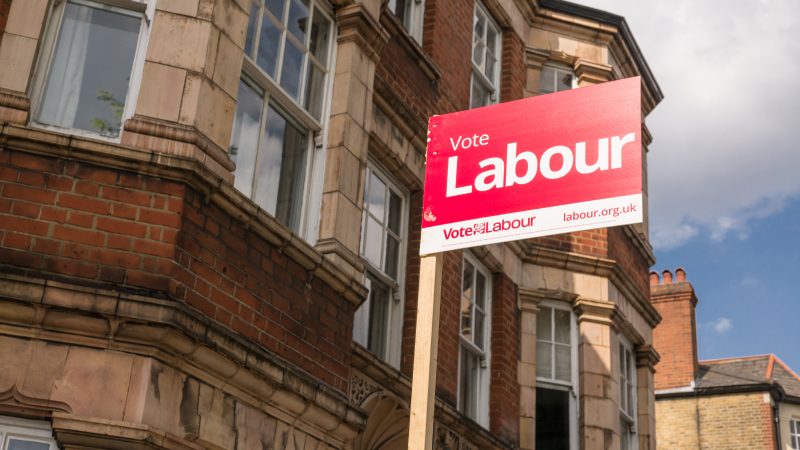
Labour’s next challenge is the Batley and Spen by-election on July 1st. To show that the party is on track to win the next general election, it needs to increase its vote share. As a member of Labour’s national executive committee, I spent some time over the weekend canvassing in the seat and in the predominantly Muslim communities where I doorknocked, Palestine was the issue that voters brought up most. This chimes with the reporting of Patrick Maguire in The Times, who was told by a Labour source that the issue on the doorstep is “almost exclusively Palestine”.
British Muslims are an essential part of Labour’s voting coalition. According to polling commissioned by the Labour Muslim Network, Labour is by far the most most popular party amongst voting age Muslims. Yet Keir Starmer as leader has a net favourability rating of -7%, and his positive favourability rating is only two percentage points higher than that of Boris Johnson, a man who infamously called women in niqab “letterboxes”.
According to the new Survation poll, the percentage of British Muslims who voted Labour in 2019 was 83%, but the percentage who now identify with the Labour Party is 72%. In a race as tight as Batley and Spen – the Labour majority is 3,525 and 20% of the population are of south Asian ethnicity – this drop-off could make all the difference.
Starmer’s focus on the ‘Red Wall’ – specifically older, more socially conservative ex-Labour voters who turned Tory in 2019 – has led to a retreat from the principled anti-racist stances of the previous Labour leadership. (A group of prominent British Palestinians recently admonished Starmer after he reportedly gave Labour MP Stephen Kinnock a “dressing down” for arguing that Israel should uphold international law in regard to illegal settlements.)
It’s a strategy that is dying on its feet. As the by-election in Hartlepool has shown, Starmer has not only been unable to entice those voters back to the party but his push to the right in pursuit of them is alienating other essential parts of Labour’s electoral coalition. Voters aged between 18-24 are moving in their droves to the Greens, with Labour’s support amongst this demographic dropping by a dramatic 21 points, while many BAME voters were left disappointed by the Labour leader’s perceived equivocation during the Black Lives Matter protests last year.
The simple truth is that, if Labour is to have any chance of succeeding at the next general election, it needs a vision that will unite rather than fragment this coalition. How? An offer that forges a coalition between a Muslim voter in Batley and Spen and a white van man in Basildon. Yes, that means principled stances on foreign policy – a stronger stance on occupied Kashmir and a more critical tone on Israeli apartheid to start – but it also means a transformative vision for society that will materially change both of their lives for the better. No more waiting to hear the focus grouped opinions of a narrow section of the electorate. From a £15 minimum wage to justice in the Middle East, Labour can turn its poor polling around with principled and bold positions.




More from LabourList
‘Labour’s quiet quest for democratic renewal’
‘Labour promised to make work pay. Now it must deliver for young people’
‘Council Tax shouldn’t punish those who have the least or those we owe the most’